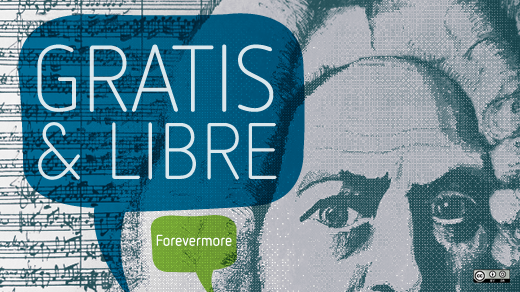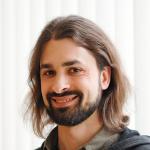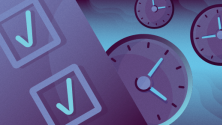Open source programmers understand the value of freedom; the idea of "freedom of speech" and supporting licenses such as the GPL are the basis of thousands of successful software projects. Can these ideas be applied to other areas, such as the ages old discipline of classical music? The Open Goldberg Variations Project thinks so.
The Open Goldberg Variations Project has the snappy goal of "Setting Bach Free". How free is the music of Bach? The answer is, it depends. Although his works are all in the public domain, finding actual high quality copies of them is still hard. Music publishers print paper copies, but paper doesn't scale the way that software does. Modern editions will still cost you good money, and you don't get the right to copy and distribute the piece as there are publisher and editor copyrights to be aware of.
In the world of recordings, the picture is even grimmer. Finding public domain or freely licensed recordings of famous classical works can be difficult, and the quality isn't always great.
Thus the mission of the Open Goldberg Variations Project. The project is fixing the lack of a "source code" edition and a top-quality studio recording of Bach's Goldberg Variations by creating both and placing them into the public domain. The score will be notated with the open source MuseScore software, and both the rendered score and the MuseScore source file (in XML format) will be given away freely. In addition, award winning pianist Kimiko Ishizaka will visit a top German recording studio and make a full piano recording of the Goldbergs, complete with professional post-processing and editing. The digital version recording will be given away freely. Both works will use the Creative Commons Zero tool to handle licensing, copyright and usage rights issues.
The whole effort is being financed with a Kickstarter.com campaign, which puts the power of crowdsourcing to work for funding creative projects. A backer who pledges $25, for instance, will receive a CD or a printed score of the Goldbergs. Pledge options increase to the $300 level, which lets the donor write a dedication for one of the 30 variations; the dedication will then appear in all digital and printed forms of the score and recording. Fund raising will continue until June 3, 2011.
Once both score and recording are produced, MuseScore has developed some neat technologies that can be put to use. They're pioneering new ways to embed music notation into websites and then synchronize the scores with other rich media, like YouTube videos. In addition to bringing Bach's music to a wider audience, the new Goldberg Variations score and recording hope to be the raw clay for many derivative artistic works and mashups.
Websites like the International Music Score Library Project (IMSLP) will help with the distribution of the new works. Overall, the goal of the Open Goldberg Variations is to bring the music of Bach to as wide of an audience as possible.
The convergence of open source, cutting edge web technologies, and fundraising tools such as Kickstarter is opening up a vast new range of possibilities for artists such as Ishizaka. It's exciting to see music and open source cross-pollinating each other and generating mutual goodwill.







1 Comment